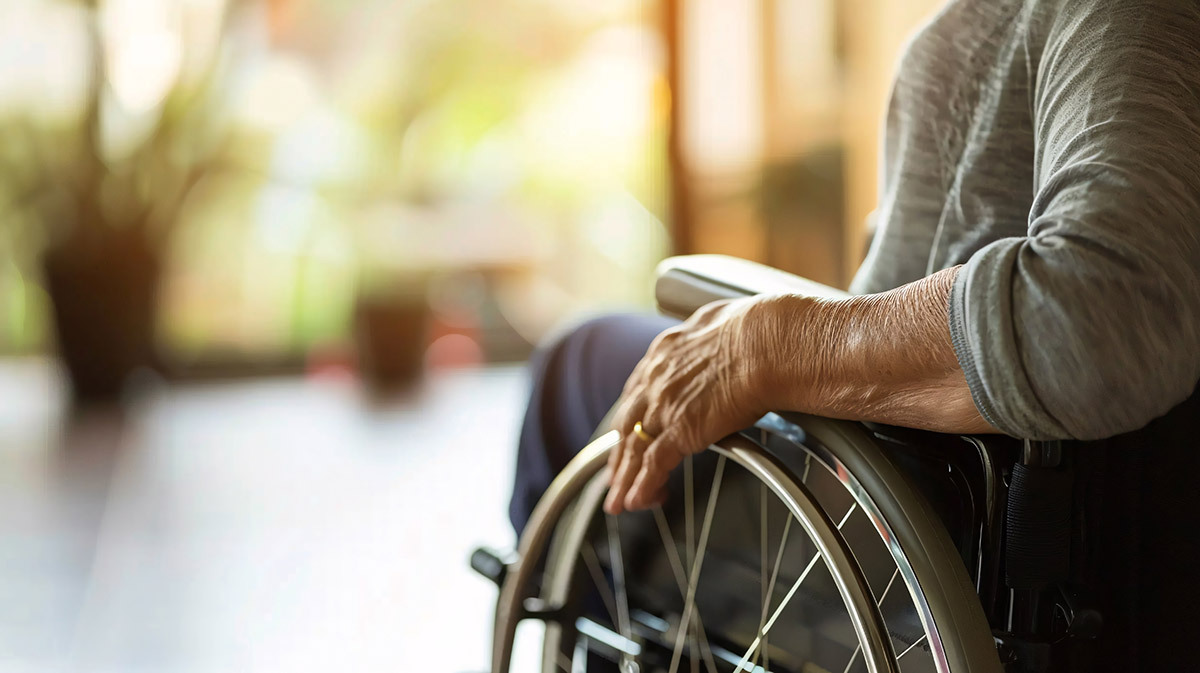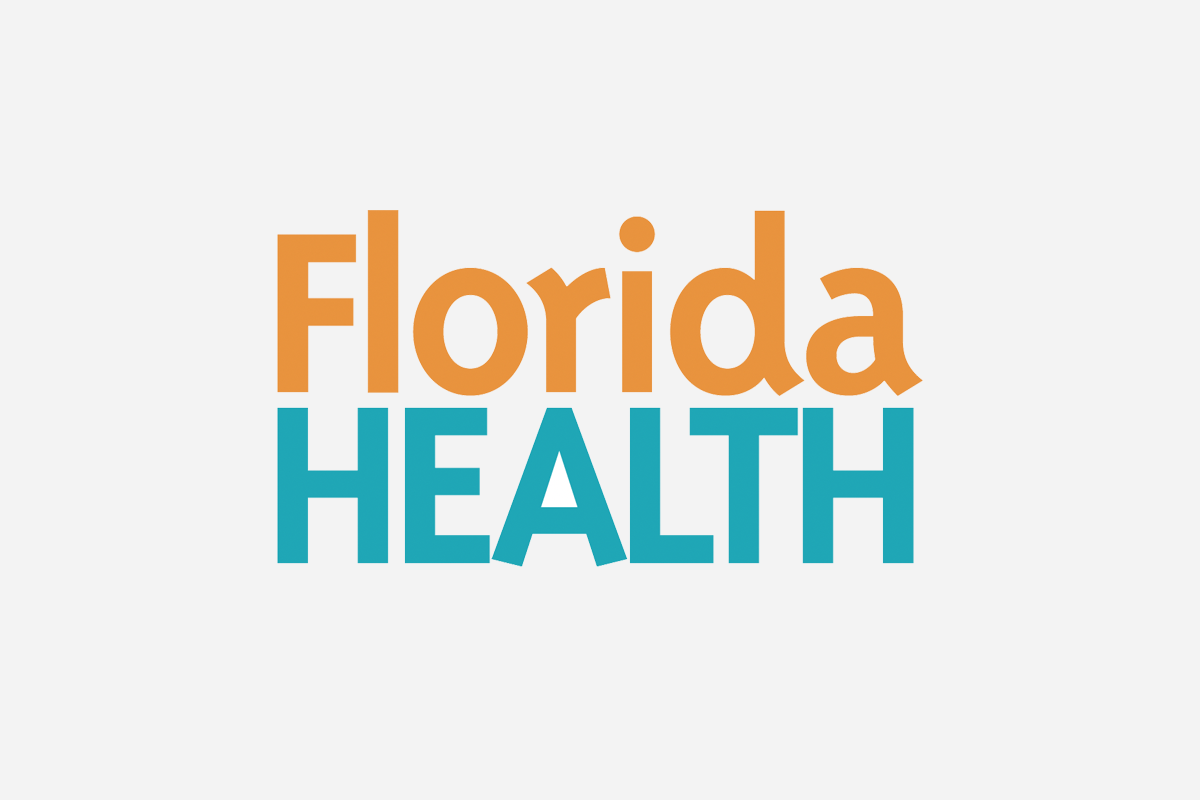Special Medical Needs Program
The purpose of the program is to provide transportation and sheltering for Hernando County residents who have mental or physical limitations or disabilities and have no other option but to request public assistance for evacuation planning in the event of a disaster such as a hurricane.
Recent Hernando County News
View all county newsUpcoming Hernando County Events
View all county events
Check back soon for more events.


